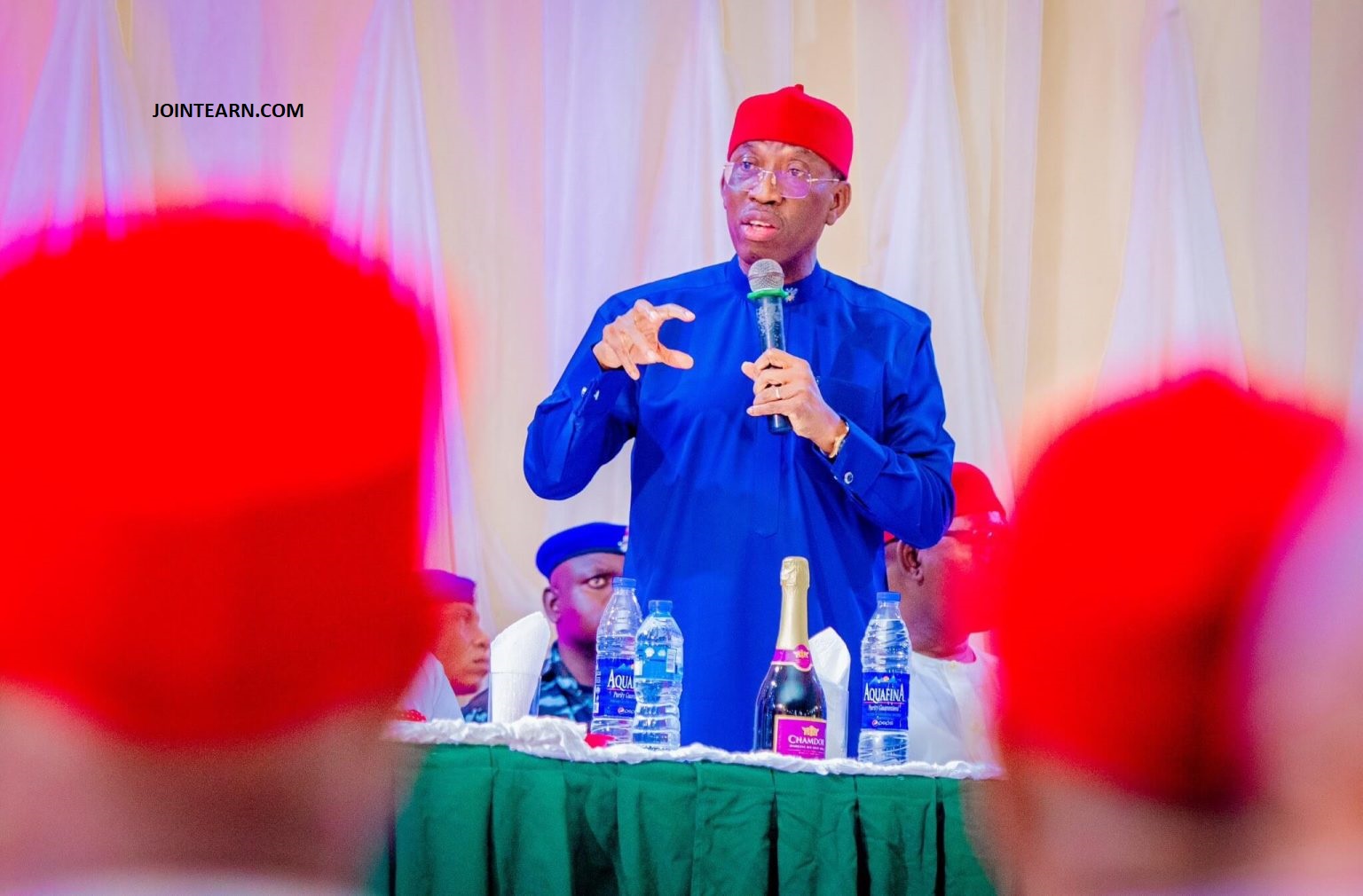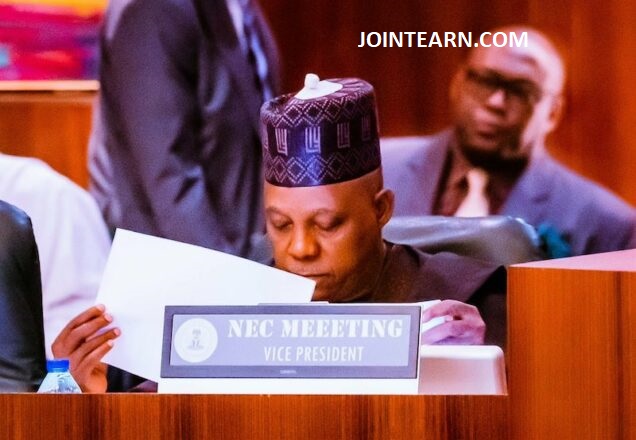In a significant political development, former Delta State Governor, Dr. Ifeanyi Okowa, has officially joined the All Progressives Congress (APC), marking a pivotal moment in Nigeria’s political landscape. This move has sparked widespread discussions and analyses, as stakeholders seek to understand the underlying reasons for such a high-profile defection.
The Context of the Defection
Dr. Okowa’s transition from the People’s Democratic Party (PDP) to the APC was formalized during a closed-door meeting at the Government House in Asaba, Delta State. The event was attended by key APC figures, including Senator James Manager, who confirmed that all PDP members in the state, including Governor Sheriff Oborevwori, had collectively decided to join the APC .
This mass defection has been interpreted by many as a strategic political realignment, especially considering Okowa’s previous role as the PDP’s vice-presidential candidate in the 2023 elections. His shift to the APC is seen as a significant move that could influence the political dynamics in the South-South region and beyond.
Okowa’s Perspective on the Defection
Addressing the reasons behind his decision, Dr. Okowa emphasized the internal crises within the PDP as a driving factor. He noted that communications from the party’s leadership indicated that the PDP was no longer a suitable platform for advancing the interests of Delta State. According to Okowa, the prevailing issues within the PDP made it imperative for political stakeholders in Delta to seek a more stable and progressive political environment .
Reactions from Political Figures
The defection has elicited varied responses from political figures across the spectrum. Former Senate President Bukola Saraki criticized Okowa’s move, describing it as indicative of the declining standards in Nigerian politics. Saraki’s comments were met with a rebuttal from Okowa, who questioned Saraki’s moral authority to comment on his defection, citing Saraki’s own history of party switching .
On the other hand, Senator Ovie Omo-Agege, a prominent APC leader in Delta State, expressed reservations about the defection. He stated that while the APC was open to welcoming new members, individuals with questionable records, such as Okowa, were not welcome. Omo-Agege emphasized the importance of maintaining the integrity of the party and cautioned against allowing figures with controversial backgrounds to join its ranks .
Implications for Delta State Politics
The defection of Dr. Okowa and other PDP members to the APC is poised to have significant implications for the political landscape in Delta State. It could lead to a realignment of political alliances, with potential shifts in voter loyalty and party dominance. The move also raises questions about the future direction of the PDP in the state and its ability to recover from this setback.
Conclusion
Dr. Ifeanyi Okowa’s defection to the APC is a landmark event in Nigerian politics, reflecting the dynamic and often unpredictable nature of political affiliations in the country. While the immediate motivations behind his decision are rooted in the internal challenges facing the PDP, the long-term effects on Delta State’s political environment remain to be seen. As the situation unfolds, it will be crucial to monitor how this development influences electoral outcomes and party strategies in the region.












